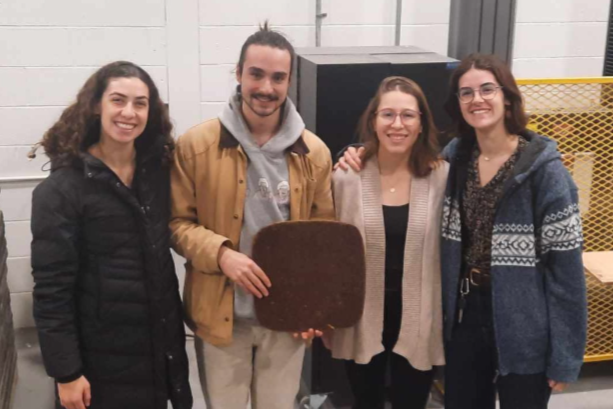The Government of Canada recently announced an investment of over $1 million in three freshwater projects for the protection of Lake Simcoe, including $412,700 to McGill University to demonstrate and evaluate best management practices to reduce phosphorus runoff from urban and agricultural sources in the Lake Simcoe watershed and to engage the community through outreach and events.

In 1974, Chandra Madramootoo arrived at Macdonald Campus to pursue his BSc in Agricultural Engineering. He never left.
“I loved the program. I loved the professors. I loved my courses,” said Madramootoo. “It was giving me exactly what I wanted in life. I was fulfilling a dream.”
After also earning his MSc (1981) and his PhD (1985) at Mac, he accepted an 11th hour offer from McGill for an assistant professorship, declining opportunities at other universities.

Originally published in the McGill Reporter by Charlotte Bawol, Digital Communications & Event Administrator (Research and Innovation)
Generations of Bioresource Engineering students have participated in the BREE 495 capstone design course. What innovative ideas did this year’s students come up with?

Around the world, food is grown on land of all sizes and all types, but that diversity means farmers often fail to take into account landscape complexity and soil variability, according to Chandra A. Madramootoo, a professor of Bioresource Engineering at McGill University, in Montreal, Canada.
He says that one solution is precision farming, an approach that “enables the selection of crops, and chemical and water applications within spatially similar land and soil zones.”

The twenty-sixth session of the Conference of the Parties (COP 26) of the United Nations Framework Convention on Climate Change (UNFCCC) will be hosted by the United Kingdom, in partnership with Italy. The summit will bring parties together to accelerate action towards the goals of the Paris Agreement and the UNFCCC. More than 190 world leaders will participate, along with tens of thousands of negotiators, government representatives, businesses and citizens for twelve days of talks. (United Nations)
Sébastien Jodoin, Assistant Professor, Faculty of Law, McGill University

Models provide researchers with a view to the future, allowing stakeholders the opportunity to adapt to the effects of climate change


